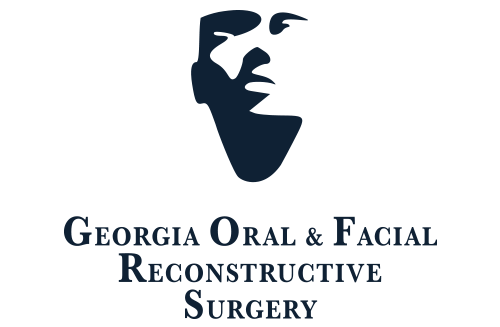Background
Nerve injury is a known and accepted risk of many oral surgical and dental procedures. Such injuries may occur despite the practitioner’s providing the best of care. Taking proactive measures during evaluation and surgery may reduce the incidence of nerve injury.
Results
Injuries to the peripheral branches of the trigeminal nerve can cause unfavorable effects on orofacial sensation and related functions such as eating, drinking, washing, speaking, shaving and kissing.
Conclusions
When nerve injuries secondary to dental or oral surgery procedures fail to resolve promptly and the resulting dysesthesia is unacceptable to the patient, timely treatment gives the patient the best chance of a favorable outcome. Treatment may involve surgical exploration and repair of the injured nerve.
Practical Implications
Recognition of and prompt referral for nerve injuries give the patient the best chance of achieving improvement or recovery of sensory function in the distribution of the injured nerve.
For more information, please visit the Journal of the American Dental Association.



Leave a Reply